Yates Account
Join now
Create a Yates account today!
Sign up to join the Yates Garden Club for monthly e-mails packed with seasonal inspiration, tips for success & exclusive promotions.
Plus if you’re a Garden Club member you can take part in the Yates Growing Community - a blog to share successes, get advice & win prizes in fun challenges along the way!

Forgot password
Enter the email address associated with your account, and we'll email you a new password.

Onions are delicious eaten raw, roasted, fried, sautéed or pickled. They’re an essential ingredient in a soffritto, making them a basic building block for an enormous range of well-loved dishes. Onions are extra-handy in a garden, as you can harvest them at any time before they mature, to use them as scallions (green onions), in the same way you'd use spring onions.
Part of the allure for a home gardener is that they’re very straightforward to grow. Late autumn is a great time to sow onions because they take time to mature (5-6 months, so they do need a bit of patience). Onions can be sown until the end of winter but shouldn’t be sown too late; so that you can harvest before the hottest January and February weather arrives and brings downy mildew with it.
If sowing in autumn, it’s a good idea to sow into trays of Yates Black Magic Seed Raising Mix, then transplant the seedlings when they’re about 10cm tall, to cut down on weeding. It’s standard practise for onions to be sown direct where they are to grow, but you’ll need to stay on top of the weeds for best results.
How to Grow Onions in a Garden
- Choose a spot that gets plenty of sun, with well-drained soil. Prior to planting, improve your soil by digging in Yates Thrive Natural Blood & Bone with Seaweed.
- Dig a narrow furrow or ‘drill’, sow the seeds into it and cover lightly with Yates Black Magic Seed Raising Mix. Onion seeds only need to be sown 6mm deep, so don’t be tempted to plant them too deeply; they tend to form thickened necks at the top of the bulb which means they won’t keep very well. Firm down and keep moist.
- Once the seedlings are 10-12cm tall, thin them out to 10cm spacings to give them plenty of room to grow. Don’t waste the onions you thin out – they’re tasty and can be used like spring onions!
- Feed every couple of weeks with Yates Thrive Natural Fish Seaweed+ Plant Food Concentrate to help encourage healthy growth.
- Harvest when the leaves wilt and fall over. Gently pull the onion out of the ground, cut the leaves off a few centimetres above the bulb and then leave them in a warm sunny spot to dry out. Once the skins and roots are dry, they can be stored in wire baskets or mesh bags in a cool dry spot.


How to Grow Onions in a Pot
Onions can be grown in pots, but you'll need to grow enough plants to make it worth your while! You can grow them separately in small pots, although growing lots together in a single large container is easier, as the potting mix doesn't dry out as easily.
- Choose a pot at least 500mm wide and 300mm deep: position it in full sun.
- Fill starter trays with Yates Black Magic Seed Raising Mix, sow seeds and lightly cover. Onion seeds only need to be sown 6mm deep, so don’t be tempted to plant them too deeply otherwise they won’t be able to grow. Firm down and keep moist.
- Once seedlings reach 10cm tall, fill chosen pots with quality potting mix, such as Yates Premium Potting Mix. Transplant seedling into pot, spacing 10cm apart and water in well with Yates Thrive Natural Fish Seaweed+ Plant Food.
- Feed every couple of weeks with Yates Thrive Natural Fish Seaweed+ Plant Food to help cultivate good, healthy growth.
Growing Tips
-
Before planting, check your climate zone to see which varieties are best for growing in your area.
-
You don’t have to wait for all the onion bulbs to be full-sized before you harvest them. You can pick and use smaller bulbs as scallions, just as you need them, leaving the rest to grow bigger.
-
Onions can go to seed (bolt) if they aren't planted at the right time of the year, so make sure you check the label before planting...a failed harvest is always really disappointing! You can check our Yates seed finder to see if it's a good time to sow (just adjust the filter to this month and it will show you what you can sow, right now).



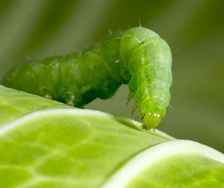
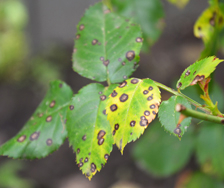
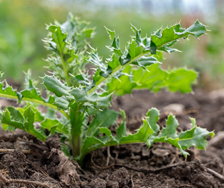
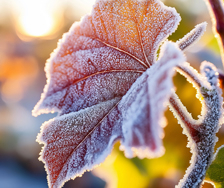





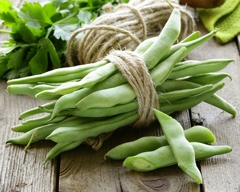
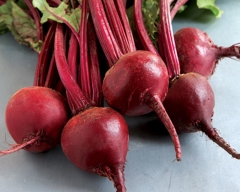
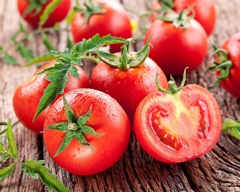
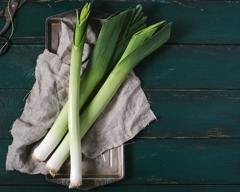
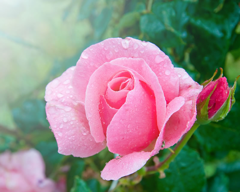








Share
Share this article on social media